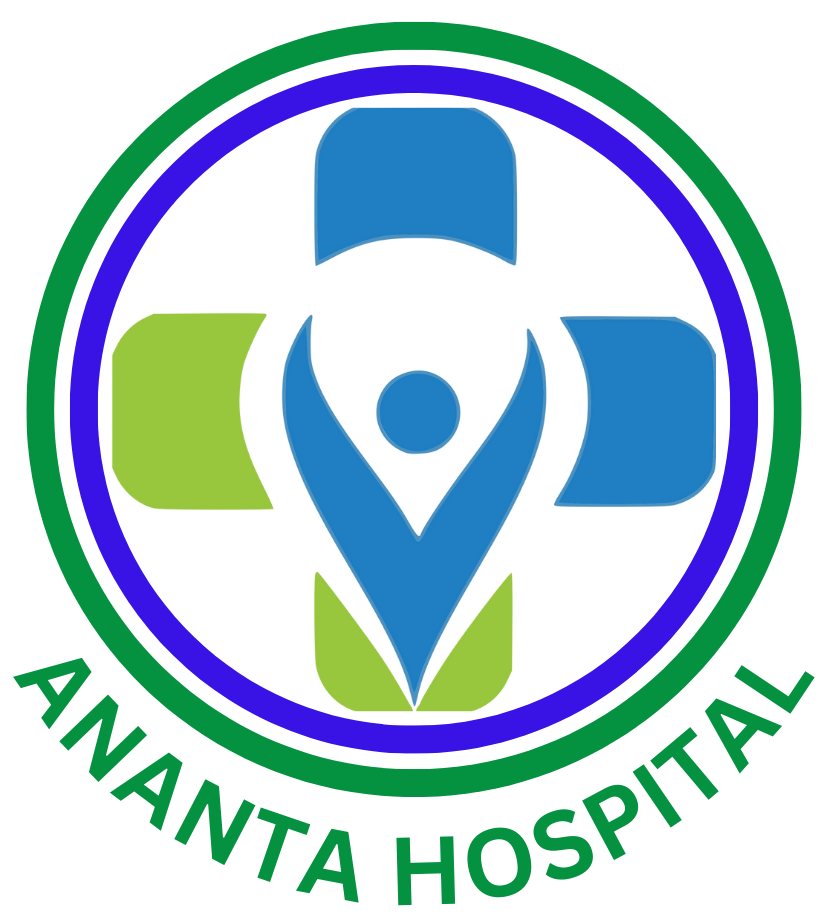Best Eye Care Hospital In Gurugram
We treat a Wide Range of both Simple and Complex Eye Conditions, with a skilled and trained team of Ophthalmologists.
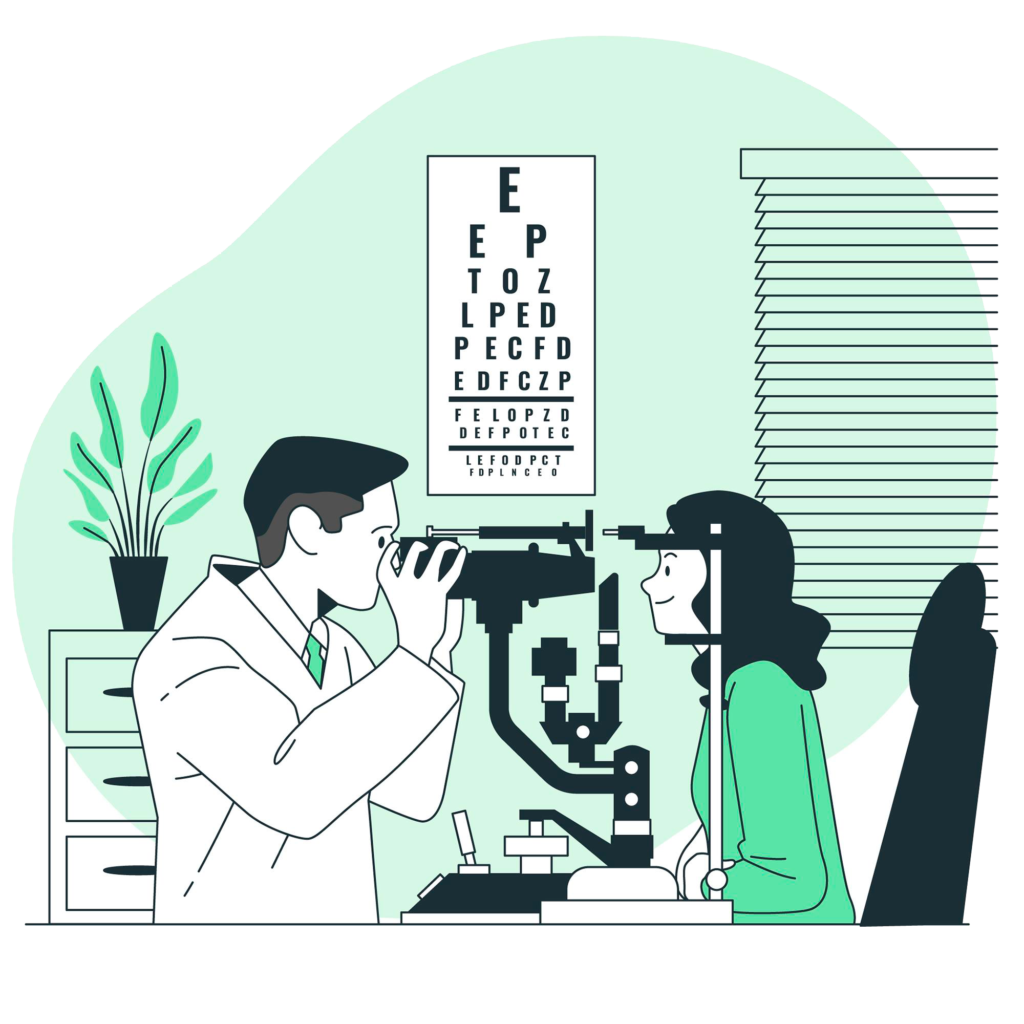
Best Ophthalmology Hospital In Gurugram
Ananta Hospital provides state-of-the-art care for all facets and stages of eye conditions. We use the latest techniques and therapies to administer routine eye examinations offer various eye related treatments including glaucoma treatment in India.
Ophthalmology is the branch of medicine that deals with the anatomy, physiology and diseases of the eye. An ophthalmologist is a specialist in medical and surgical eye problems. Ophthalmology includes sub-specialities which deal either with certain diseases or diseases of certain parts of the eye.
- Book Your Appointment
- Request A Call
- Get Direction
- Book Your Appointment
- Request A Call
- Get Direction
Book a Free Consultation
Specialities at Eye Hospital In Gurugram, Sector-70A

SMILE Laser
Bid goodbye to spectacles. Choose SMILE vision correction

Lasik and Refractive Surgeries
Choose a world with a glass-free, clear vision

Cataract Eye Surgery
Motiyabind: Robotic blade-free cataract removal
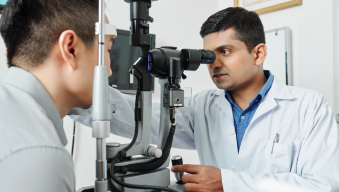
Advanced Retina Services
Complete retina and diabetic eye care
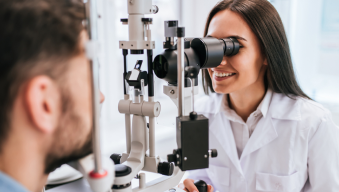
Cornea Services
Medical Treatment of Cornea & Transplants
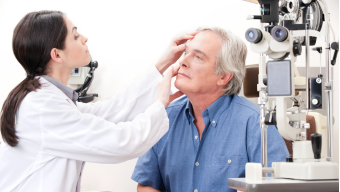
Glaucoma Treatment
Kala Motia: Silent Thief of Sight.

Paediatric Ophthalmology Squint
Specialists for your child’s eye care
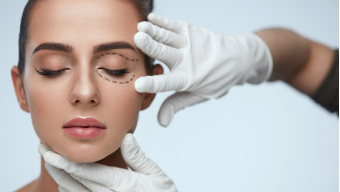
Oculoplasty
For droopy lids, watery eyes & cosmetic procedures
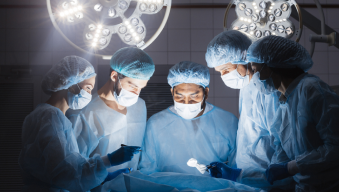
Ocular Oncology
Sophisticated ophthalmic surgery for eye cancer

Ocular Surface & Dry Eye Disorders
Diagnosis & management for dry eyes

Neuro Ophthalmology
Specialists for your child’s eye care

Computer Vision Syndrome
Eliminate eye strain that occurs with digital devices.
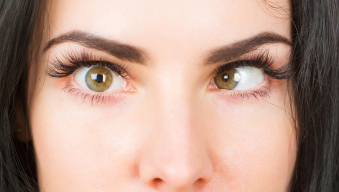
Squint Treatment in Adult
Treatment of misaligned eyes

Low Vision Aids
Maximise your vision

Retinoblastoma Treatment
Domain experts to provide the best care & cure
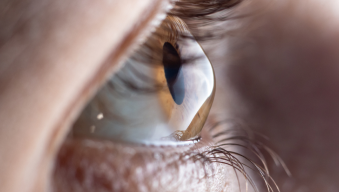
Keratoconus Treatment
Specialists for the treatment of keratoconus
When to see an ophthalmologist?
It is recommended to see an ophthalmologist if you experience vision changes, eye pain, redness, double vision, floaters, or any other eye symptoms. Regular eye exams are also important for maintaining eye health, particularly as you age. If you have a family history of eye diseases or conditions, you should see an ophthalmologist more frequently. Early diagnosis and treatment can prevent vision loss and preserve your eye health.
Ophthalmology FAQ's
Optometrists specialize in vision care. They offer services such as,
- Vision tests and eye examinations
- Detect diseases or disorders concerning the eye
- Prescribe eyeglasses and contact lenses if need be.
Ophthalmologists offer eye care services including medical and surgical services if need be. Some of their services include
- Surgical treatment for conditions such as glaucoma and cataracts
- Plastic surgery to smooth out wrinkles or raise droopy eyelids etc.
Refractive errors are caused when the cornea is not shaped perfectly and can cause a blurred vision. To correct refractive errors there are different types of surgeries that can be performed including;
- LASIK
- Radial keratotomy
- Laser thermal keratoplasty
- Intracorneal ring
- Conductive keratoplasty
- Photorefractive keratectomy
- Astigmatic keratotomy
- Automated lamellar keratoplasty
You can visit an ophthalmologist for a regular checkup and for eye conditions like cataract or glaucoma or for other conditions that can occur due to diabetes. Compared to an optometrist, an ophthalmologist holds more advanced medical training.
Glaucoma is a set of eye disorders that can harm the optic nerves which are crucial for a healthy vision. Treatment for glaucoma includes;
- Eye drops: This helps to lower eye pressure. Depending on the severity of your condition and how low the eye pressure has to be, the eyedrop will be prescribed.
- Laser therapy
- Filtering surgery
- Minimally invasive glaucoma surgery
Some of the most common problems concerning the eyes include;
- Red eyes
- Eyestrain
- Colourblindness
- Night blindness
- Presbyopia
- Floaters
- Excess tearing
- Dry eyes
- Cataracts
- Glaucoma
- Conjunctivitis
